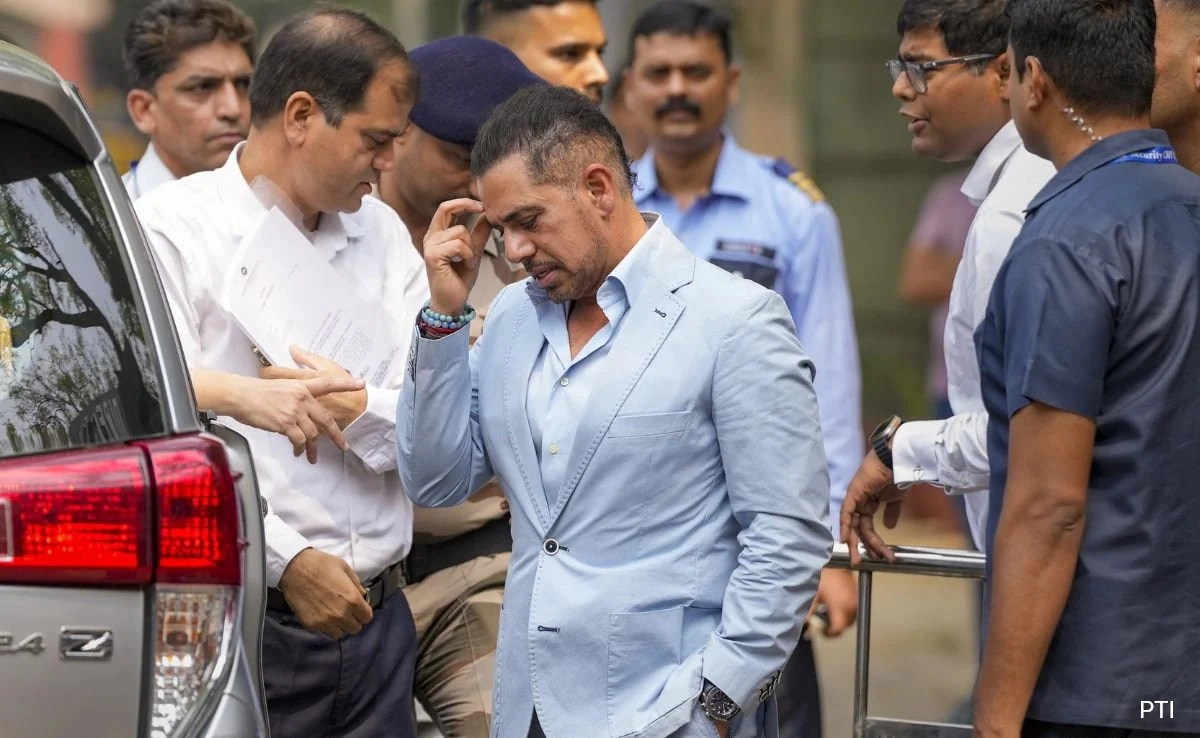In recent discussions regarding the ongoing conflict in Gaza, a shadowy aid group with alleged ties to the United States has come under scrutiny for its purported role in supporting Israel. This organization, which operates in a clandestine manner, has been accused of providing assistance that may inadvertently bolster Israel’s military operations in the region. Critics argue that while the group positions itself as a humanitarian entity, its actions may contribute to the suffering of the Palestinian population, raising serious ethical questions about the intersection of aid, politics, and military support.
The aid group’s operations are shrouded in secrecy, making it challenging to fully assess the extent of its involvement in Gaza. Reports suggest that the organization receives substantial funding and logistical support from the U.S., creating a complex relationship that blurs the lines between humanitarian efforts and military aid. As tensions escalate in the region, the implications of this partnership become increasingly contentious. Many advocacy groups and human rights organizations have called for greater transparency in the funding and activities of such organizations, arguing that accountability is crucial to ensure that aid does not exacerbate the ongoing humanitarian crisis.
As the international community grapples with the complexities of aid in conflict zones, the case of this U.S.-backed group highlights the delicate balance between providing necessary support and inadvertently fueling further violence. The situation in Gaza remains dire, with civilians caught in the crossfire of military operations and political machinations. With allegations surfacing about this group’s involvement, there is a growing demand for a reevaluation of how aid is distributed and who ultimately benefits from it. Advocates for peace stress that humanitarian efforts must prioritize the well-being of all affected populations, without contributing to the cycle of violence that has plagued the region for decades.




